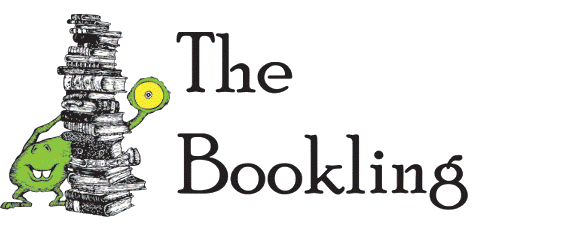
Following
my recent BTT post about libraries, I took the chance to pop into my local library clutching my incredibly extensive "books to buy" list. This is not meant to be a criticism of my local library service however I was only able to locate TWO books that were on my list... I understand that it's a heavily used branch and that popular or recent books are bound to be borrowed frequently but that probably goes some way to explain why I tend to buy books rather than borrow them.
Aaaaanyway. Back in
March I read a couple of
Georgette Heyer books following
an article I read on
Vulpes Libris. Dear me. I think that's the third time I've linked to them this week - I do read other blogs, I promise! So, and back to my original point, whilst in the library I happened to pass a long shelf of Georgette
Heyer novels and grabbed these three at random. I'd forgotten just how much fun her books are and how delightfully easy they are to read.
I enjoyed the
Devil's Cub
the most as our hero, Dominic the Marquis of Vidal, was an awfully amusing and very debauched fellow who contrasts nicely with the sensible, delightful and clever Mary
Challoner. It was also very pleasant to realise that he is the son of Leonie and Justin from
These Old Shades
which is a book I read several times as a teenager! For me, this is
Heyer at her best - romance, drama, misunderstandings and characters whose dialogue actually made me cackle out loud with glee.
Second up was
Regency Buck
. On the death of their father, the rich, and of course beautiful, heiress Judith
Taverner and her brother are placed into the legal care of John
Audley, the fifth Earl of Worth. Naturally, he's arrogant and insufferable and sparks fly. What I enjoyed about this book was that there's a lot of Regency period detail alongside the plot, as the forthright Judith learns her way around polite society in London and Brighton ably guided by a cameo appearance from
Beau Brummell. I am positive I recognised some of the characters from this book as appearing in other
Heyer books I read when younger so I will have to dig around in the attic to see if I can find some of my old copies.
Possibly as it was my third back-to-back
Heyer in two days, I found
The Black Moth
least entertaining. I think it could also be because I enjoy the roguish hero aspect of the other two books too much and found Jack
Carstares (an Earl in hiding) a bit too
straight laced after Dominic and John! I think I'd have preferred to follow the story of the evil Duke of
Andover rather than the hero! An entertaining quick read but not one of my favourites.
I think I might be reading a few more of these before the year is out. Escaping into a good Georgette
Heyer book is just so much fun - I can't recommend the experience enough.











